Affordable housing for people with I/DD is in low supply. Learn what ALSO is doing to make a difference.
Affordable housing for people with I/DD is in low supply. Learn what ALSO is doing to make a difference.
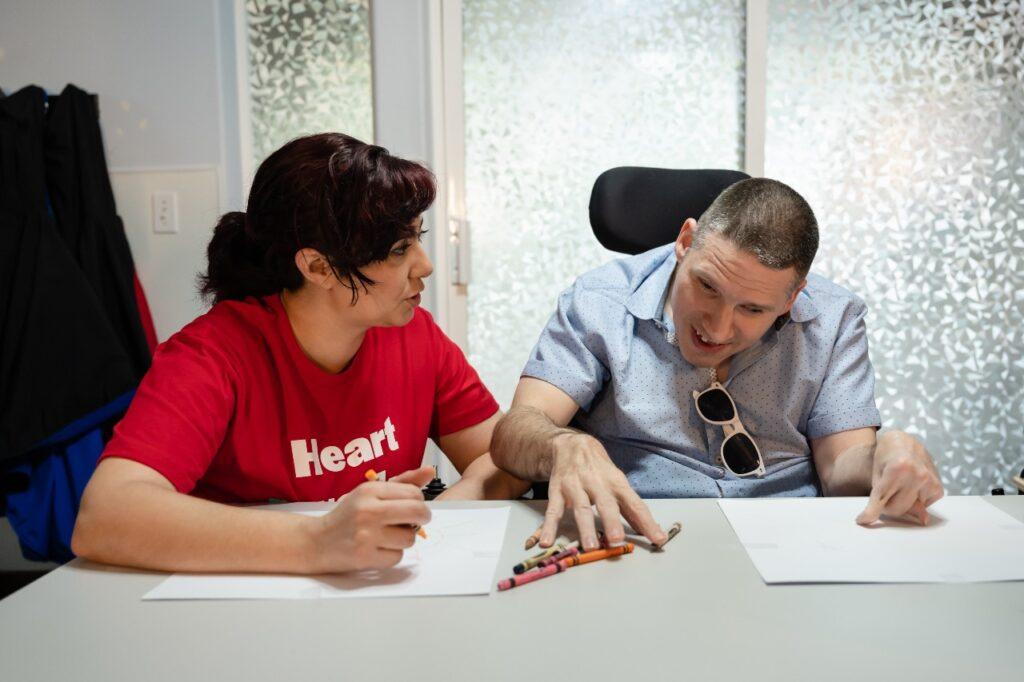
Most of us are fortunate enough to be able to practice self-advocacy on a daily basis without even knowing it. We make our own choices about:
Essentially, the ability to self-advocate for what we want is a basic human right. For individuals without a disability, advocacy skills are often well-nurtured by parents, other loved ones, mentors, and teachers. For individuals with a disability, however, such rights have historically been elusive and ignored by society at large.
That’s why the team at ALSO passionately advocates for the rights of people with intellectual and developmental disabilities. In fact, we take our responsibilities much further by guiding those we support in self-advocacy skills as well. This results in life-long benefits, such as increased self-esteem, independence, and self-confidence.
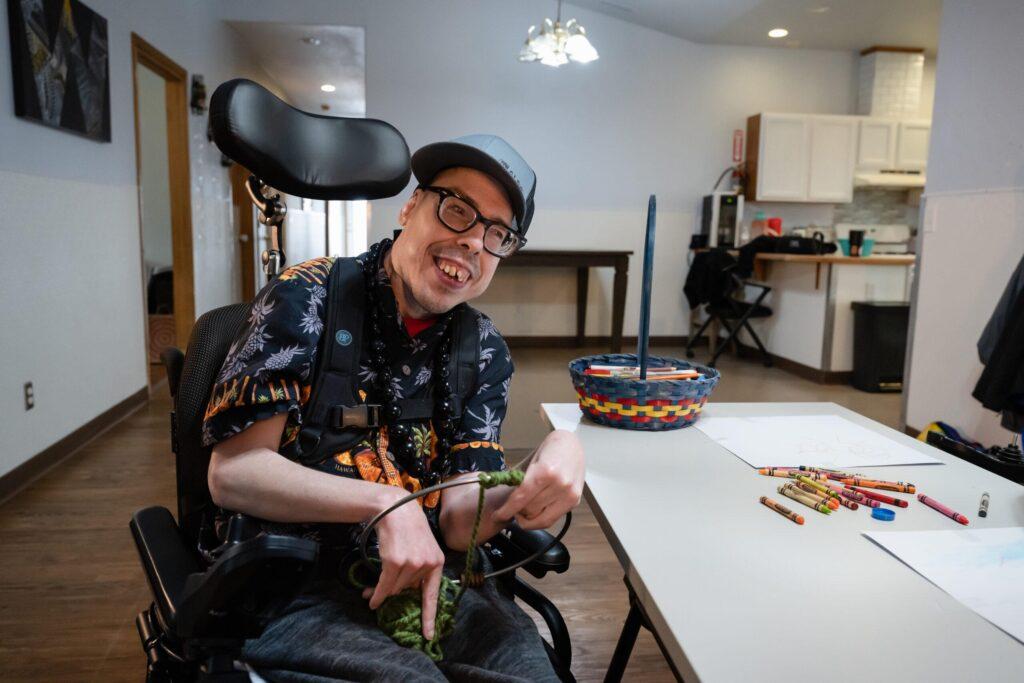
Self-advocacy can be defined as the ability to speak up on behalf of one’s own life. It’s about being able to decide what’s best for oneself. In a broader sense, self-advocacy may be described as the process of effectively communicating and negotiating one’s needs to do the following:
The ultimate result of self-advocacy skills is a reinforcement of our human rights and responsibilities. Something we all need!
A large part of self-advocacy is a concept called self-determination. This is the right to have control over one’s own life choices regarding things such as work, family/social interactions, community involvement, and planning for the future.
For people with intellectual and developmental disabilities, this includes the right and responsibility to make our own decisions about the kinds of supports needed for independent living, equal opportunity, and full integration into the community.
The self-advocacy movement for people with intellectual and developmental disabilities has roots in Sweden the 1970s. From there, it rapidly spread to other parts of the world, including the US. People with disabilities were empowered to raise their concerns through this larger movement.
Self-advocacy groups sprang up all over the US. State, local, and national conferences and meetings were convened by disability rights advocates in a sweeping effort to support people of all types of disabilities in developing disability advocacy leadership skills.
As the self-advocacy movement continued to gain momentum and become stronger, a number of rallying cries took hold, such as,
Thanks to these self-advocacy organizations and the tireless efforts of those that supported them, meaningful positive changes began to occur. Disability rights became an integral part of the broader civil rights movement that was taking place in the US, including the signing of the Americans with Disabilities Act (ADA) in 1990.
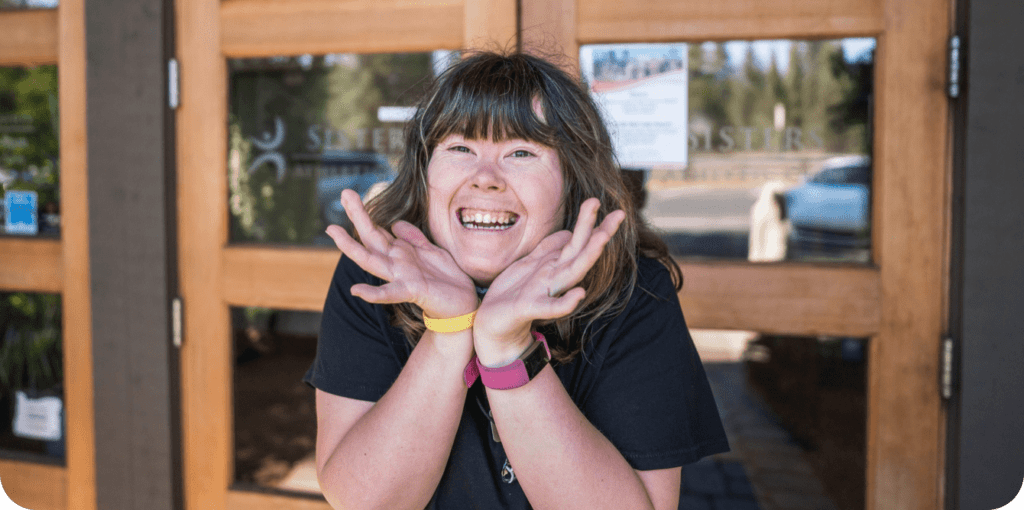
Because no two people are exactly alike, each individual will have a different set of needs, abilities, and goals. Often, the type of disability or disabilities that a person has plays a role. For example, someone with physical disabilities caused by cerebral palsy might speak at a city council meeting and advocate for curb cuts or wheelchair ramps in parks and shopping malls. On the other hand, a student who is living with a learning disability might write a letter to the school principal about improving inclusivity during extracurricular activities.
Let’s not forget those individual choices that brighten our day, such as listening to music that we like or choosing what we want for dinner!
It should be emphasized that it’s not necessary to become completely independent without any type of supports in order to be successful. Rather, the self-advocacy journey involves exploration and problem-solving regarding the types of supports that would allow that person to achieve their life goals.
Supports can be in the form of various types of human services professionals, or assistive technology devices. Here are just a few examples:
Policy advocacy occurs when advocates and self-advocates band together to push for changes and improvements in laws, regulations, or policies. During such processes, they negotiate with and lobby politicians and regulators to influence the political decision-making process.
These efforts require countless hours (and often years) of never giving up in fighting for fairness, equal access, and opportunity. Several major policy changes would not have occurred without the use of policy advocacy, including the ADA, the establishment of Home Based Community Services (HBCS) and the Individuals with Disabilities Education Act (IDEA).
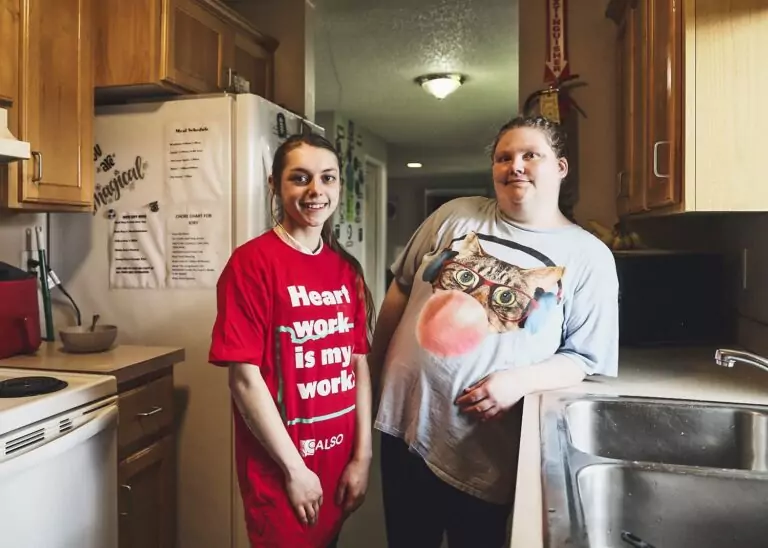
Self-advocacy is a fundamental aspect of daily life, whether we have a disability or not. It helps us stand up for the things we care for and the things that help us feel like human beings. Self-advocacy skills are necessary for:
Thus, people with self-advocacy skills have a strong enough sense of self-worth to:
In the best of all possible worlds, self-advocacy skills should be taught and nurtured in everyone.
LEARNING MORE: Teaching self-advocacy skills in the classroom.
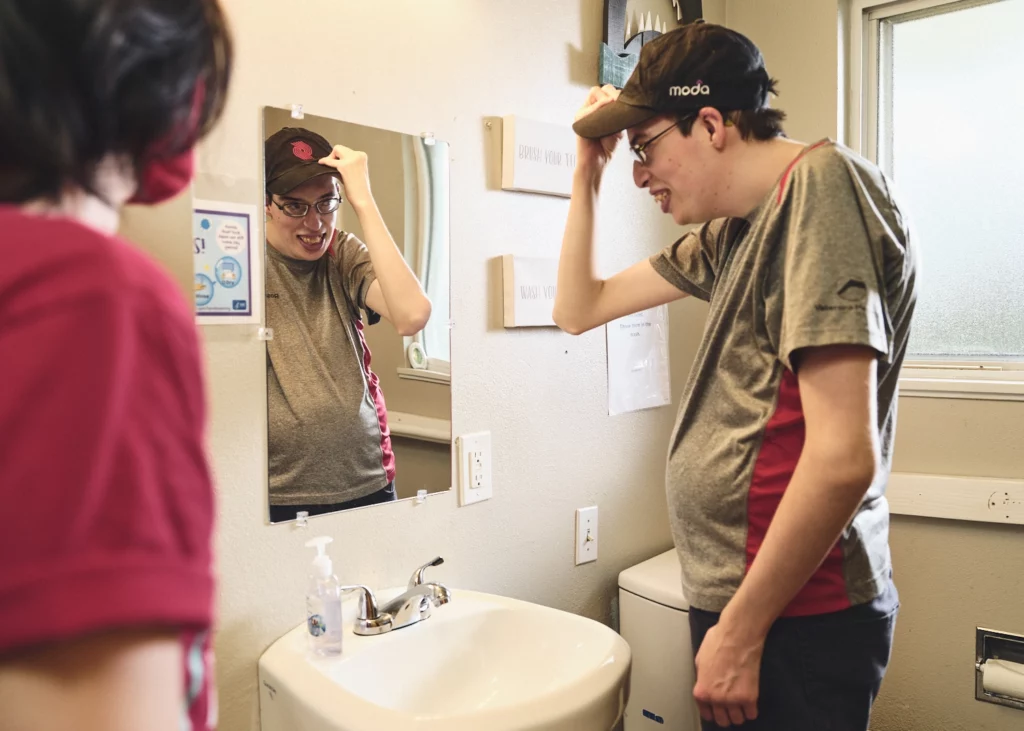
Self-advocacy is one of the most important ways that persons with disabilities can fully integrate into community living. It’s a fundamental part of autonomy, self-exploration, and self-assertion.
Jackie Downer is a disability self-advocate who has made major contributions to helping those with learning disabilities. She emphasizes that self-advocacy gives people the power to use two very important words: “yes,” and “no.”
Here are some examples:
LEARNING MORE: History of the Independent Living Movement
A systematic literature review published in the Journal of Applied Research in Intellectual Disabilities revealed many benefits of self-advocacy skills. Researchers sought to learn how self-advocacy fosters the subjective well-being of those living with disabilities.
The results of this extensive analysis were impressive. It demonstrated that participation in self-advocacy organizations had a significant positive impact on several areas of daily life, including and not limited to the following:
Furthermore, participation in self-advocacy organizations provided a safe psychological space to explore negative experiences of bullying and abuse.
LEARNING MORE: The Three Parts of Self-Advocacy for People with Disabilities
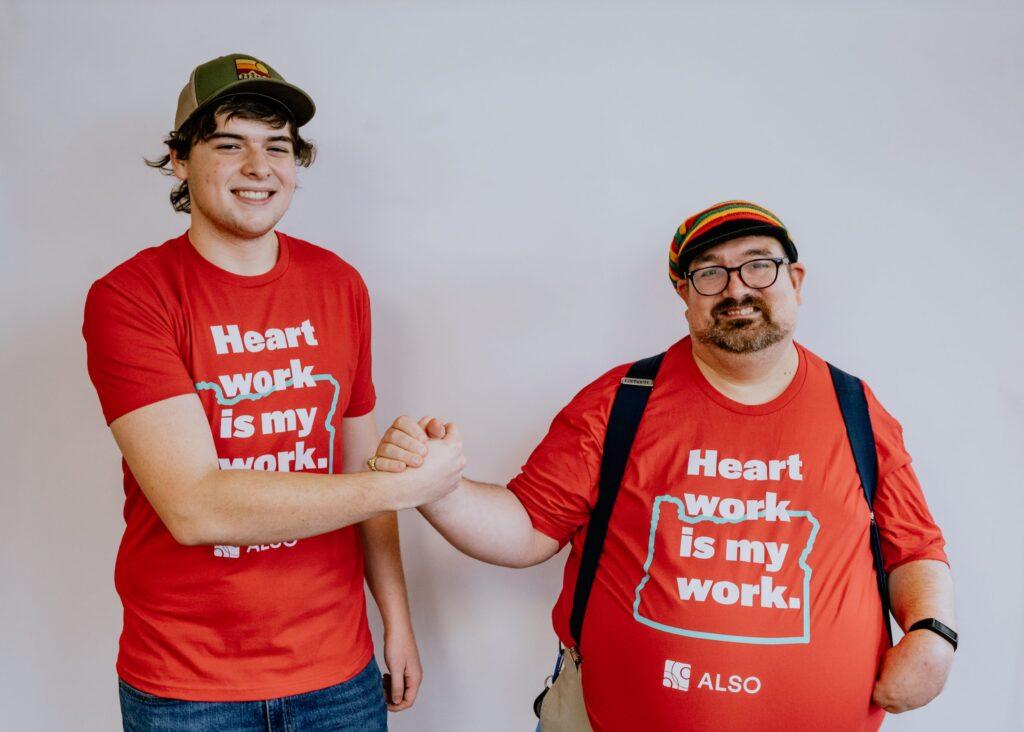
As we act upon our Mission and Vision, the entire team at ALSO supports people with intellectual and developmental disabilities to establish strong self-advocacy skills on a daily basis. To achieve this goal, we do the following:
LEARNING MORE: The Benefits of Hiring People with Disabilities
The impact self-advocacy can have on individuals with intellectual and developmental disabilities is significant. We aim to promote self-advocacy for those we support always. Learn more about ALSO, our advocacy, and the support services we offer today!

Sign up for our newsletter to get our latest news, content, and job opportunities.
Help us ensure that everyone has the same opportunities in their home, workplace and community. Let’s make dreams!
